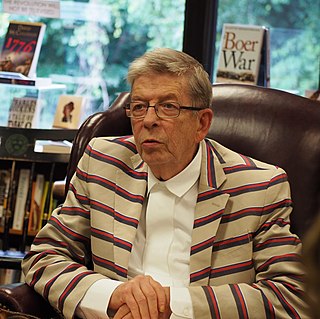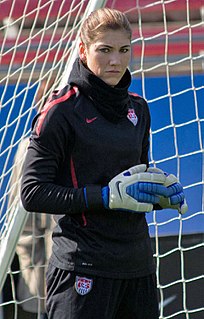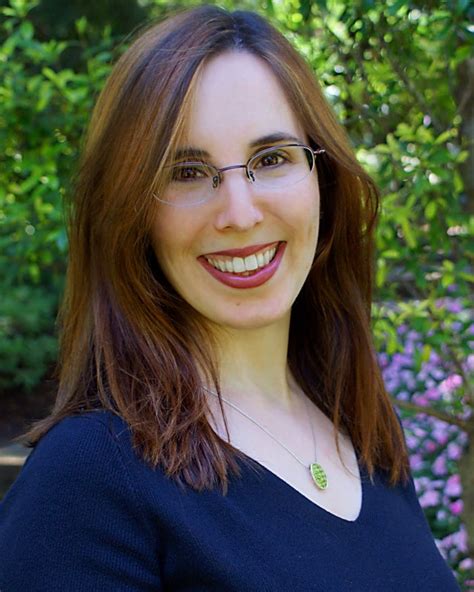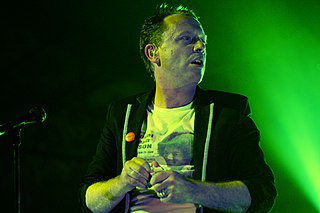A Quote by Kate Atkinson
She should have done science, not spent all her time with her head in novels. Novels gave you a completely false idea about life, they told lies and they implied there were endings when in reality there were no endings, everything just went on and on and on.
Related Quotes
Catherine Land liked the beginnings of things. The pure white possibility of the empty room, the first kiss, the first swipe at larceny. And endings, she liked endings, too. The drama of the smashing glass, the dead bird, the tearful goodbye, the last awful word which could never be unsaid or unremembered.
It was the middles that gave her pause. This, for all its forward momentum, this was a middle. The beginnings were sweet, the endings usually bitter, but the middles were only the tightrope you walked between the one and the other. No more than that.
In Tereza’s eyes, books were the emblems of a secret brotherhood. For she had but a single weapon against the world of crudity surrounding her: the novels. She had read any number of them, from Fielding to Thomas Mann. They not only offered the possibility of an imaginary escape from a life she found unsatisfying; they also had a meaning for her as physical objects: she loved to walk down the street with a book under her arm. It had the same significance for her as an elegant cane from the dandy a century ago. It differentiated her from others.
I think that one morning, the Papess woke in her tower, and her blankets were so warm, and the sun was so golden, she could not bear it. I think she woke, and dressed, and washed her face in cold water, and rubbed her shaven head. I think she walked among her sisters, and for the first time saw that they were so beautiful, and she loved them. I think she woke up one morning of all her mornings, and found that her heart was as white as a silkworm, and the sun was clear as glass on her brow, and she believed then that she could live, and hold peace in her hand like a pearl.
She sat leaning back in her chair, looking ahead, knowing that he was as aware of her as she was of him. She found pleasure in the special self-consciousness it gave her. When she crossed her legs, when she leaned on her arm against the window sill, when she brushed her hair off her forehead - every movement of her body was underscored by a feeling the unadmitted words for which were: Is he seeing it?
He was always part of her thoughts, and now that he was real, he was inescapably part of her life, but it was as she had told her mother: saying he was part of her or that they were more than friends sounded like love, but it seemed like loss as well. All the words she knew to describe what he was to her were from love stories and love songs, but those were not words anyone truly meant.
She remembered the heroines of novels she had read, and the lyrical legion of those adulterous women began to sing in her memory with sisterly voices that enchanted her. Now she saw herself as one of those amoureuses whom she had so envied: she was becoming, in reality, one of that gallery of fictional figures; the long dream of her youth was coming true.
She realized how many of her beliefs were either unrealistic or belonged to her deceased parents and her ex-husband. She also realized that her expectations for herself and others were sometimes too rigid. She was trying to live up to what everyone else said was best for her, which made her depressed and hard to be around at times. Once she changed her beliefs about herself and others, she began to smile more and enjoy life.


































